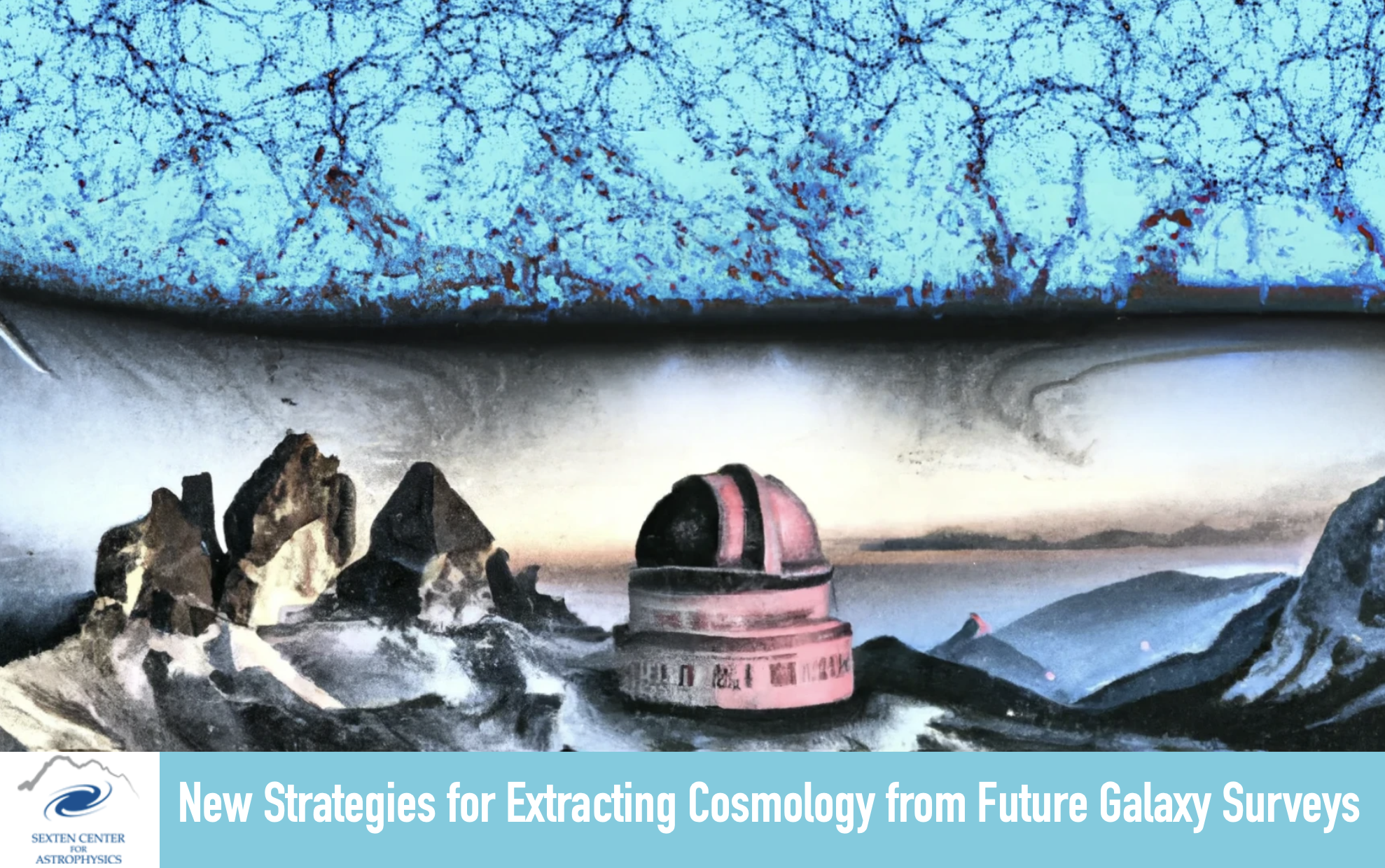
The next generation of large-scale structure surveys such as Euclid, DESI, LSST, SPHEREx, and SKA is going to provide an unprecedented amount of observational data. These surveys will map large portions of the sky, observing hundreds of millions of bright galaxies up to high redshifts, effectively transforming cosmology into a data-driven, precision science.
It is more and more important to develop the right techniques to efficiently extract information from this data. A number of efforts have proposed new summary statistics (e.g. voids, marked and skewed correlation functions, topological features, …) , as a way of efficiently compressing this large amount information for parameter inference. Moreover, full forward models of these surveys are being developed. These allow one to compare theoretical models directly with the observations using an expanded range of statistical techniques. The idea of the workshop is to gather a broad range of proposed (new and established) methods for the data analysis of these surveys. The goal is to encourage discussion and sharing of expertise between groups that have established analysis techniques/pipelines, and others that recently joined the effort proposing new methods with great potential, but without an established end-to-end pipeline applied to a realistic scenario.



